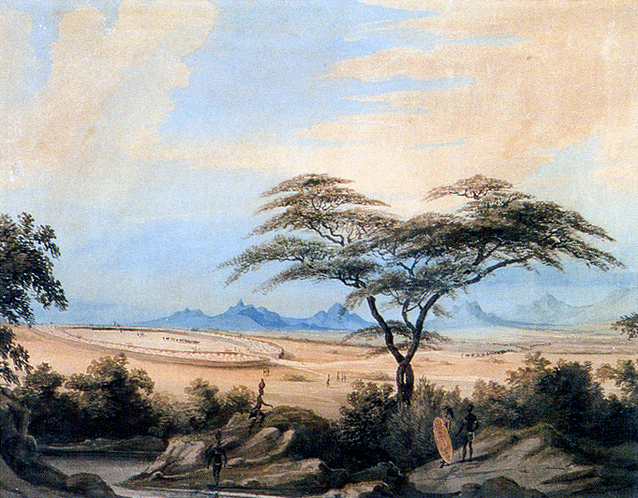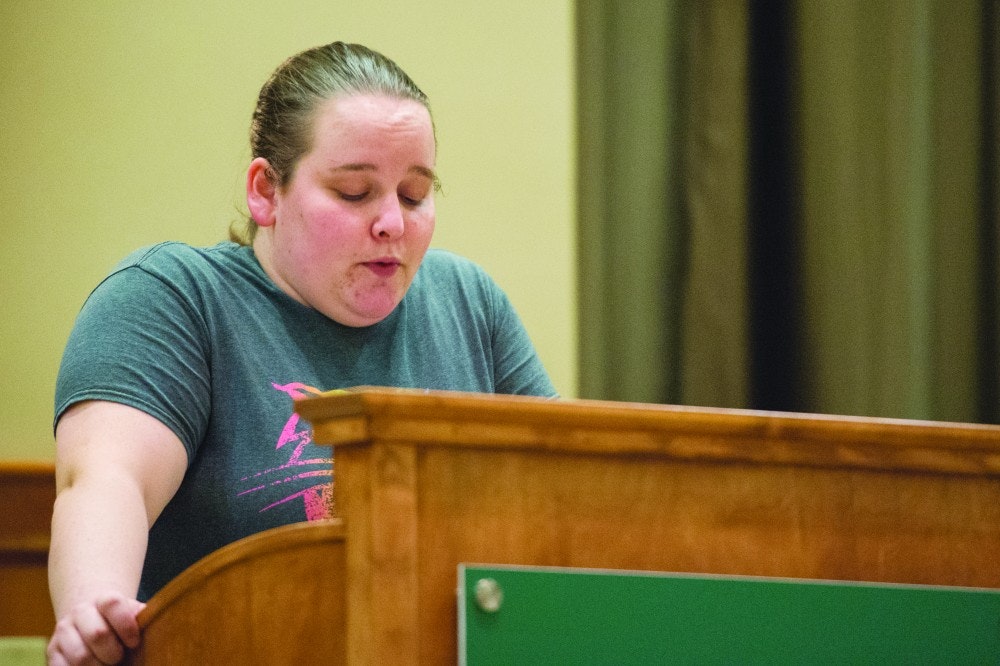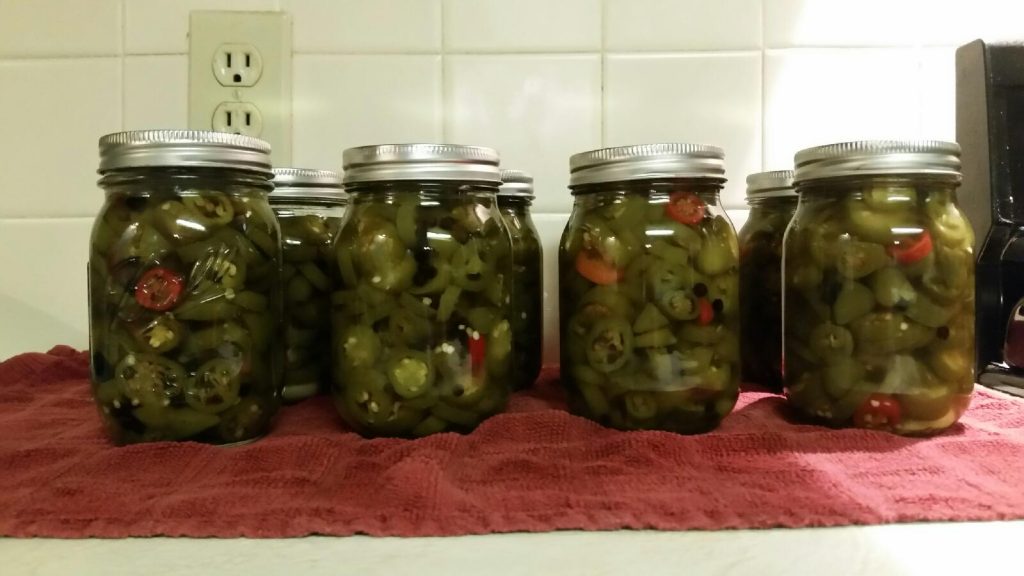Editor’s Note: The following comprises the third chapter of Sunshine and Storm in Rhodesia, by Frederick Courteney Selous (published 1896). All spelling in the original.
CHAPTER III
Now this murder of a native policeman on the night of Friday, 20th March, was the first overt act of rebellion on the part of the Matabele against the Government of the British South Africa Company, and I will therefore relate exactly what occurred. On the evening of the aforementioned day, eight native policemen, acting on instructions of Mr. Jackson, arrived at the town of Umgorshlwini, situated in the hills near the Umzingwani river. Being accompanied by several boys carrying their blankets, etc., they formed quite a little party, and so camped outside the native town. They were sitting talking over their fires after the evening meal, when a number of Matabele came up, and ranging themselves in a line in front of them, commenced to dance. These men all carried knob-kerries, and were led by a man named Umzobo, who had held a post of importance at Bulawayo in Lo Bengula’s time. The so-called dancing of all Kafirs of Zulu race is not dancing in the European sense, but consists for the most part in stamping on the ground, swaying the body and gesticulating with sticks. The stamping is usually accompanied by a chant, the words of which are often improvised for the occasion, and the effect of the whole dance is decidedly stimulating, as I have often watched a stolid, stupid-looking Kafir work himself up to a state of high excitability by this means. On the present occasion Umzobo and his men very soon showed that they had come to dance before the representatives of the law with a purpose, that purpose being to pick a quarrel with them. They soon commenced to “jia,” or point with their sticks; then one of them ran out of the line, and coming close up to the police, stooped forward, and drawing his left hand rapidly backwards and forwards across his throat, said: “You are killing us, you are killing us; why don’t you cut our throats, and make an end of it?” Then another ran out, and repeating the formula, “you are killing us,” pressed his finger on his temple, and said: “Why don’t you shoot us? why don’t you put the bullet in just here?” The expression, “you’re killing us,” so frequently used by Umzobo’s men, meant “you’re making life unpleasant to us by enforcing the Company’s laws.”
When these hostile demonstrations had gone on for some time, the sergeant in charge of the police told Umzobo that he had better take his men away, and tell them to go to sleep, as nobody wanted to fight with them; but his words were without effect, and the dancing was still going on, when one of the policemen saw a man creeping stealthily towards them round the back of the cattle kraal. At once suspecting mischief, he jumped up, and calling to his comrades “Look out, we’re amongst enemies,” rushed upon the crouching figure that at once stood up and revealed a Kafir armed with an assegai. Before he could make use of his weapon, however, the policeman caught him by the wrist, whilst another guardian of the law who had followed close behind seized his other arm. They at once disarmed the man, and were putting the handcuffs on him, when a shot was fired out of the cattle kraal, aimed of course at the police, but so badly aimed that instead of hitting one of them, it struck their prisoner in the back, killing him almost instantly. Indeed, he fell dead with the handcuff on one wrist. Immediately the shot was fired some of the police rushed into the kraal and almost succeeded in capturing the man who had fired, so nearly in fact that he dropped his rifle in his hurry to escape.
Umzobo and his men had now disappeared, and the police having collected together, were standing in the light of their camp fires uncertain what to do, when a volley was fired amongst them from the bush outside the kraal. None of the police were hit, but one of their blanket-carriers was shot through the head and killed on the spot. Not knowing the number of their unseen enemies, the representatives of the law then thought it advisable to beat a retreat. They reached Mr. Jackson’s camp at 1 A.M. on Saturday, handing him the captured rifle, and reporting the loss of two of their boys; for besides the one whom they knew to be dead, another small boy some ten or twelve years of age was missing. This boy Mr. Jackson found lying dead half under the kraal fence, when he visited Umgorshlwini with all the police he could muster on the morning after the disturbance. The town was then deserted, and Mr. Jackson thinks that this small boy must have been discovered trying to hide under the fence after the police had left. He had been murdered in a most brutal way, his skull having been smashed to atoms with knob-kerries.
But the murder of these two police boys and the accidental killing of one of Umzobo’s men was not the only deed of blood which occurred on this Friday night. Amongst Umzobo’s men was one Ganyana. After the retreat of the police this man went alone to the kraal of a nephew of Lo Bengula—Umfondisi, the son of Lo Magazi—and waking him up, told him what had happened. According to the report of a stranger who was sleeping in Umfondisi’s kraal that night, Ganyana was very much excited and called out, “Come, Umfondisi; why are you sleeping? don’t you know we’re fighting? we’ve killed some policemen, come; blood is running and men are lying dead; come with me and let us do some more killing.” Umfondisi was nothing loth, and arming himself with an assegai went off with Ganyana to a neighbouring kraal, the headman of which they at once awakened in order to tell him the news. At this kraal there happened to be one of Mr. Jackson’s native policemen. He was asleep in a hut when Ganyana and Umfondisi arrived, but the loud and excited conversation that was being carried on awoke him, and he got up and came out of the hut, asking as he did so what all the noise was about. “Who are you?” said Ganyana. “I am so and so, one of Mr. Jackson’s policemen,” was the answer. “What!” responded Ganyana; “do you tell me that you are one of the witches who are always troubling us?” and running up to him he shot him, and as he fell down mortally wounded, Umfondisi, the king’s nephew, plunged his assegai into him.
When on Monday evening, 23rd March, I heard from Mr. Jackson what had happened on the previous Friday night, I imagined that the disturbance was merely the outcome of local discontent, and little thought that this attack on native policemen was but the prelude to the most terrible massacre of Europeans that has ever yet taken place in a native rising in South Africa; and more than this, that even whilst I listened to the story, white men, women, and children lay freshly murdered not many miles away. On the following morning, Tuesday, 24th March, I rode through the hills to my own place, passing Umgorshlwini on the way. Riding round the kraal I found bloodstains where the three men had been killed, but the bodies had been taken away and buried by the order of Mr. Jackson. The kraal itself, together with many smaller ones in its vicinity, was absolutely deserted, and a splendid crop of corn left standing in the valley below.
Having been absent since the previous Sunday morning, I was still all unsuspicious of danger, but knowing now all that actually happened during that time within a short distance of my house, I shudder to think of what might have occurred there during my absence; for my wife had been quite alone in the house with two little native girls; Mr. Blöcker, my German assistant, and a young Scotchman, Mr. Notman, occupying huts some distance away.
I reached home about mid-day, and found everything going on as usual. My wife told me that during the morning several men—all of whom I knew well—had come over to see her from the chief village of the district—Intuntini—which had been a big military kraal before the war. These men were all true-blooded Matabele, and several of them were in charge of cattle belonging to my Company. They all wished to borrow axes from her, to be used for the purpose of strengthening their cattle kraals, they said, but I know now that they wanted them as weapons of offence, as many of the murders were committed with axes. As we were accustomed to assist the natives in any small matter of this kind, she let them have all the axes that could be spared, and allowed them to sharpen them on the grindstone. About sundown some of these same men brought the usual evening’s milk, and my wife and I chatted with them for some time. We spoke about the recent murders on the Umzingwani, and the conduct of Umzobo and Umfondisi, and my wife asked me to say that she thought they had acted very foolishly, as the white men would punish them. At this they laughed, and one of them said significantly, “How can the white men punish them? where are the white police? there are none left in the country.”
Soon after these men had left us, George, a colonial Kafir in my employ, came and said he wished to speak to me, and on my going aside with him informed me that his wife—a Matabele woman—had just heard from another native woman that white men had been murdered on the previous day by the Matabele, on the further side of the Malungwani range, amongst them a native commissioner, who, it was said, had had his throat cut by his own black police. On hearing this disagreeable news, which I did not doubt was substantially true, I began to think that we were going to have a native rising after all. However, I did not consider that we were in any danger, except from natives coming from a distance, as I could not believe that any of the people living close round us would be keen to murder either my wife or myself or any one living with us, as we had benefited them in many ways, and had certainly never given them any cause to dislike our presence amongst them. I, of course, said nothing to my wife as to what I had heard, but I told Mr. Blöcker and the young Scotchman to keep their rifles handy in case of accidents. I had, too, some very good watch-dogs that I knew would give me warning if any Kafirs came near the house, and I kept awake all night with my rifle and a belt full of cartridges alongside of me. But the night passed off quite quietly.
Why no attempt was made to murder us on that Tuesday night will always remain a mystery to me. I should like to think that because we had always treated them kindly and considerately, our immediate neighbours shrank from killing us; but after all that has happened I find it very difficult to believe this. They may have come with the intention of killing us on the Tuesday morning, but finding me absent, and Mr. Blöcker with a rifle in his hands—for when they arrived at the homestead he was just going off to shoot a cow whose hip had been dislocated in branding—may not have thought the opportunity a good one. My wife noticed that they seemed very excited, and they also seemed very anxious to know when I would return.
All things considered, I am afraid we owe them little, as if they did not attempt to murder us they at any rate gave us no warning, and went off on the Tuesday night with all the cattle I had entrusted to their care, and in all likelihood assisted in the murder of Messrs. Foster, Eagleson, and Anderson, all three of whom were carrying on mining work on Essexvale; Foster’s camp being within four miles of my home.
The events of the last three months have taught me at least this, that it is impossible for a European to understand the workings of a native’s mind; and, speaking personally, after having spent over twenty years of my life amongst the Kafirs, I now see that I know nothing about them, and recognise that I am quite incompetent to express an opinion as to the line of conduct they would be likely to adopt under any given circumstances.
On the following morning I got up early, and after seeing the Kafirs make a start on the work on which I was then engaged—which was the preparation of a piece of ground round the house for a plantation of fruit trees—I went up to George’s hut and told him to try and get some farther particulars, through his wife, as to the murders said to have been committed on the previous Monday. Then I strolled back to the house and worked at one thing and another till breakfast time, and was just going indoors to sit down to that meal, when I saw George running down from his hut to our house, followed by a Kafir boy. As he came near he shouted out to the horse-herd who was standing by the stable, “Bring the horses, bring the horses; make haste!”
I knew then there was something wrong, and half thought that an attack was imminent, and having my wife’s safety to provide for, was much relieved when George told me that no pressing danger threatened, but that armed Kafirs had driven off some of my Company’s cattle. The boy who accompanied George belonged to a small kraal, to the members of which I had given some twenty or thirty head of cattle to look after for our Company, they getting full benefit of all the milk, a great boon to them, as they possessed no cattle of their own. He had been sent by the headman to inform me that just at daylight a number of Matabele from the kraal of Gwibu, a nephew of Lo Bengula, had opened the cattle kraal and driven off all the cattle, threatening the life of any one who interfered with them. These men, he said, were all armed either with guns or shields and assegais, and wore white ox-tails round their left arms and necks. Whilst I was still speaking, another messenger arrived to tell me that all the Intuntini people had left in the night, taking all their cattle with them, the greater part of which belonged to my Company. I now knew that we were face to face with a native rising, but I thought—what was indeed the fact—that this rising had been fomented by members of the late king’s family, and was confined so far to the Abenzantsi, or Matabele of pure Zulu descent, and I cherished the hope that if energetic measures were at once adopted by the Government, the more numerous and useful section of the nation, of Makalaka and Mashuna descent, might be kept quiet and the rebellion speedily suppressed.










5